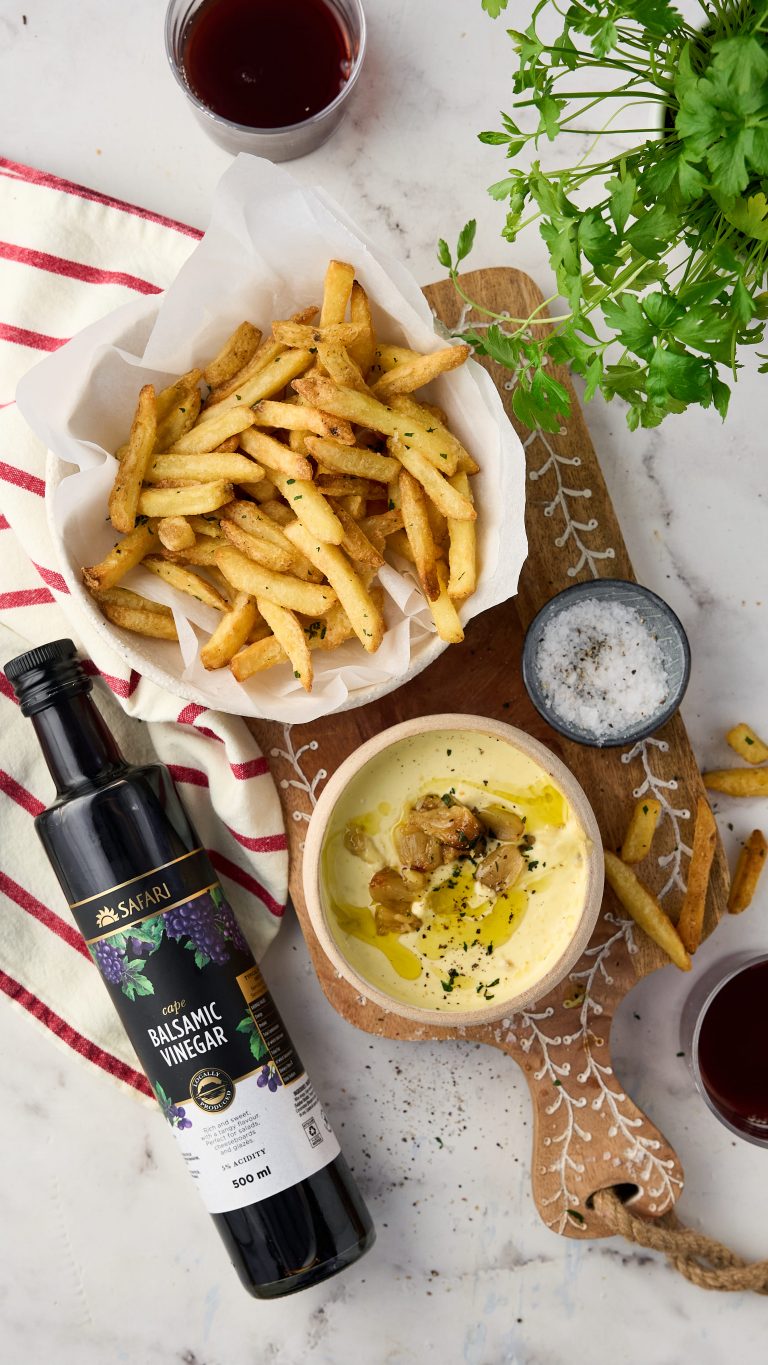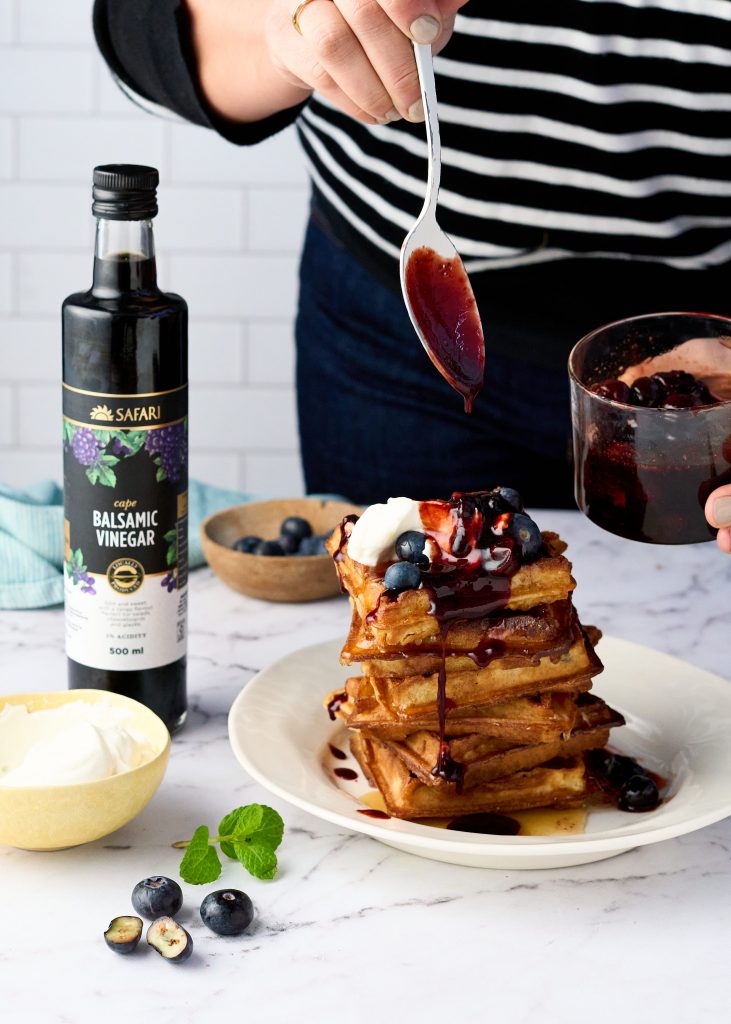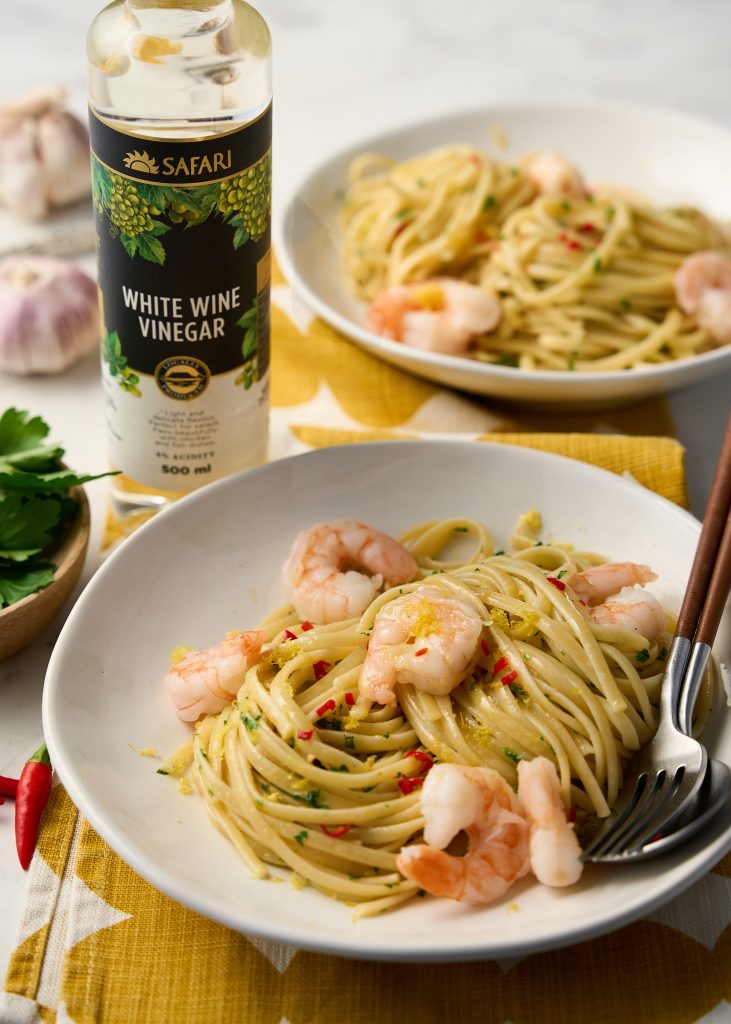Most South Africans don’t know what’s in their vinegar – only 24% understand the difference between naturally fermented and imitation vinegar. Safari Vinegar is launching a national campaign to clear up the confusion and help consumers make informed choices. With festive pickling and spring cleaning underway, it’s the perfect time to spotlight vinegar’s versatility – and what’s really in the bottle.
A recent national survey conducted by WhyFive, a strategic consumer insight consultancy, has revealed widespread confusion among South African consumers about vinegar – particularly the difference between naturally fermented and imitation vinegar.
With over 1,700 respondents across income and age groups, the findings show that only 24% of consumers clearly understand the distinction, while nearly a third were unaware that one even exists.
The misconception runs deep: 28% of respondents believe imitation vinegar is simply “watered-down natural vinegar,” and more than half are unsure whether imitation vinegar is as healthy as its naturally fermented counterpart. This lack of clarity is especially concerning given vinegar’s widespread use – from salad dressings and marinades to pickling and household cleaning.
In response, Safari Vinegar has launched a consumer education initiative aimed at demystifying vinegar production and empowering South Africans to make informed choices.
All vinegar is not the same
Most South Africans use vinegar regularly, yet few know what’s actually in their bottle. Naturally fermented vinegar is produced through a slow, traditional process using fruit or grain sugars, resulting in a product rich in nutrients and flavour. By contrast, imitation vinegar is typically a mix of synthetic acetic acid and water. Synthetic acetic acid is derived from petrochemical sources – a byproduct of fossil fuel production – and lacks the natural fermentation properties and potential health benefits of traditional vinegar.
Consumers are encouraged to check labels carefully for words such as “naturally fermented” and to look for the South African Natural Vinegar Manufacturers Association (SANVA) seal of authenticity. Vinegars labelled “imitation” or lacking natural fermentation indicators may not offer the same quality or health benefits.
“Vinegar is in nearly every South African pantry, yet most people don’t know what’s in their bottle,” says Kirsten Paul, Brand Manager of Safari Vinegar. “This campaign is about informing. When consumers understand the difference, they’re better equipped to choose what’s right for their health and their homes.”
Versatility of vinegar
Vinegar is one of those everyday essentials that can do it all – from the kitchen to your cleaning cupboard – offering an affordable, natural, and eco-friendly solution with countless uses.
With the festive season fast approaching, many South Africans are preparing to pickle fresh produce such as cucumbers, peppers, and beets that are now in season. Vinegar plays a key role in preserving these ingredients, both in households and in food manufacturing, helping to extend shelf life and enhance flavour.
And with spring in full swing, vinegar also proves its worth as a natural cleaning agent, helping South Africans freshen up their homes without the use of harsh chemicals.
ALSO SEE: THERE’S A SAFARI VINEGAR FOR THAT!
Images: Supplied



